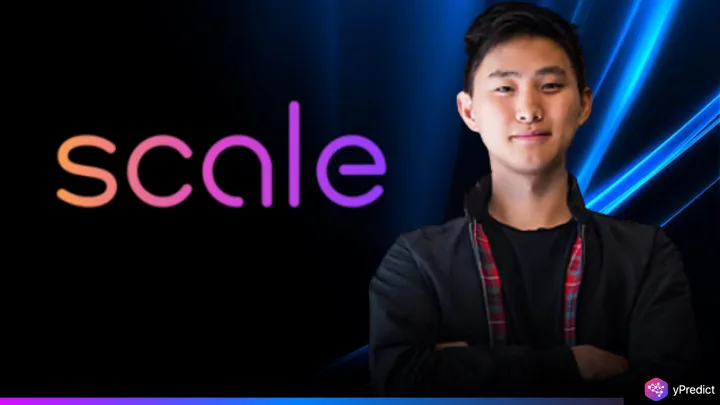
Meta has announced a $14.3 billion minority investment in Scale AI, confirming the departure of its 28-year-old founder and CEO, Alexandr Wang. Wang will now join Meta to lead a new Superintelligence division, a high-stakes attempt to accelerate AI development inside the tech giant.
The deal gives Meta a 49% stake in Scale AI but no voting rights or access to customer data. In a memo to staff, Wang called his exit “the greatest pleasure of my life” and said he would stay on Scale’s board. The move signals Meta’s urgency to close the gap with rivals like OpenAI, Google, and Microsoft, especially after lukewarm reviews of its recent Llama AI models.
Wang’s Move and Meta’s Superintelligence Plan Explained
Scale AI, founded by Alexandr Wang in 2016, specializes in curating data that trains machine learning systems. Its customers include tech heavyweights like Google, Microsoft, and OpenAI. Meta is also a major client. With this deal, Meta hopes to turn around its AI momentum.
Wang will lead a new internal group dubbed the “Superintelligence lab,” focused on pushing AI development beyond today’s limits. He is also bringing a small team of Scale AI employees with him. “AI is one of the most revolutionary technologies of our time,” Wang said in a company blog post. “It has unlimited possibilities and far-reaching influence.”
Scale’s current chief strategy officer, Jason Droege, will take over as CEO. Droege previously held senior roles at Uber and venture firm Benchmark. Though Meta’s stake is large, it was structured to avoid triggering antitrust concerns. Executives wanted to sidestep regulatory scrutiny similar to what Microsoft and Amazon faced in their AI investments.
New Leadership, High Stakes, and Industry Response
This marks Meta’s second-largest deal after WhatsApp and its first major minority investment in an AI company. The company hopes Wang’s outsider perspective can reset its faltering AI trajectory. Internally, CEO Mark Zuckerberg has faced frustration with Meta’s AI division, especially after the Llama 4 model failed to impress developers.
Bringing in Wang, considered a visionary by some Meta insiders, is seen as a significant shift. Still, the structure of the deal has raised questions. Though Meta now owns nearly half of Scale AI, it has no access to customer data or control over its direction. Scale serves several of Meta’s direct competitors.
A spokesperson for Scale emphasized that the partnership will not disrupt services or client confidentiality. “Meta’s investment will not impact any customer relationships or business information,” they stated. Meanwhile, regulators continue to monitor such partnerships. The Federal Trade Commission has signaled skepticism about big tech acquiring too much power through strategic investments, even if they avoid full ownership.
Meta’s High-Stakes Bet on Superintelligence Leadership
Meta’s alliance with Scale AI and its recruitment of Alexandr Wang signals a deeper shift in its AI strategy. Rather than refining existing models, Meta is now aiming for superintelligence, a bold step beyond current AI systems.
This partnership could position Meta to better compete with industry leaders while resetting its innovation roadmap. If Wang’s leadership delivers results, it may mark a turning point in Meta’s AI ambitions. For now, all eyes will be on Meta’s new lab and whether this multibillion-dollar gamble delivers the edge it needs.





